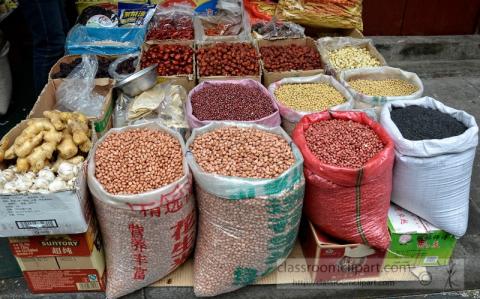The removal of fuel subsidies, among other factors, has plunged many Nigerians into a struggle for sustenance. The country’s inflation rate climbed to 29.90 percent in January 2024 from 28.92 percent recorded in the previous month.
The 0.98 percent increase according to the National Bureau of Statistics (NBS), shows that the inflation rate in the country is yet to slow down. As the grip of economic hardship tightens, some households in Kaduna state are resorting to drastic measures to cope with soaring prices and dwindling purchasing power.
Skipping meals has emerged as a survival strategy.
In a random interview with residents, the Explainer gathered that many of the residents cannot afford to eat three square meals.
One of the residents, Ajara Sulaiman lamented the economic crunch, saying her “business is longer enough to put food on the table” for her children.
She said; “If you go to the market and you buy something now, in the next few minutes the price has changed.
“So, what we do now is to skip our meals. We now eat breakfast and dinner.”
Another resident speaking on condition of anonymity, said considering the rising inflation, his salary is not even enough to take him “round the month.”
When asked, if the proposed N1 million suggested by the Nigerian Labour Congress (NLC) would meet their demands, he said: “That can not solve the problem, because the Tomatoes sellers, Garri sellers, spare parts dealers and other people in the markets would also want to benefit from the increment in the civil servants salaries, so, everything in the market will go up again.”
Rabi Sani, a meat seller, told the Explainer that the patronage has greatly dropped in the past few weeks. ” It’s like people have abandoned meat, because people are no longer patronising us like before.”
The Explainer learned that the prevailing economic crisis has cast a pall of despair over the populace, with reports of rising cases of depression and frustration.
Residents implore both federal and state governments to intervene urgently, calling for measures to curb inflation and regulate market prices to alleviate the suffering of the masses.






















